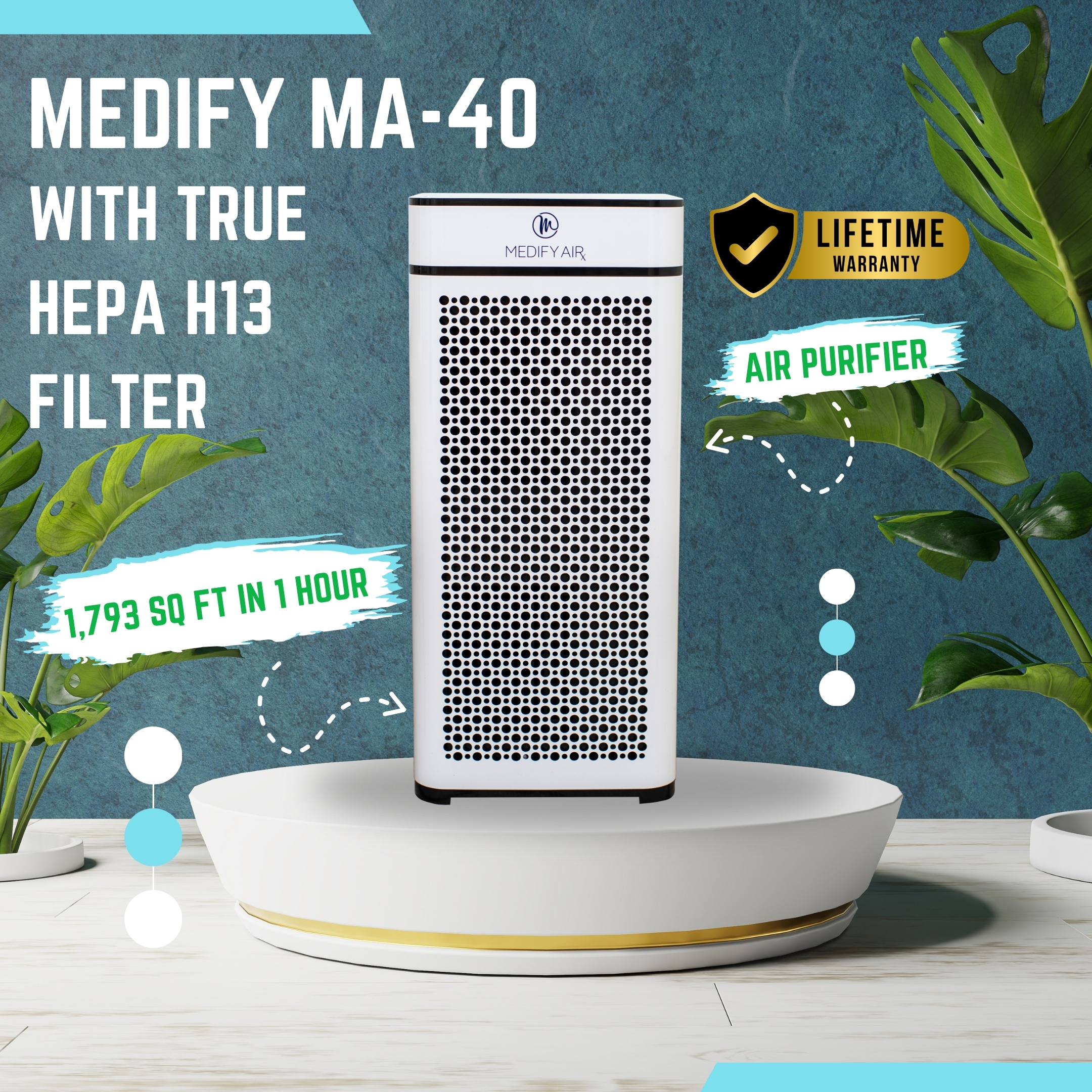Combating Mold in Aging Homes: Expert Solutions for Healthier Living and Better Air Quality

As the housing stock in the United States continues to age, mold issues are becoming an increasingly serious concern for homeowners. With an estimated 70 million homes surpassing the 50-year mark, older constructions are particularly vulnerable to mold growth due to structural wear and tear, outdated materials, and compromised systems. Steve Fontaine, an expert in indoor air quality and founder of IAQ Solutions & Consulting Inc., emphasizes that older homes are far more likely to harbor mold problems compared to their newer counterparts. The number released in a recent study is 119 million Americans live in homes with mold problems.
Several key factors contribute to the increased risk of mold in aging homes:
- Leaks and Water Damage
Aging infrastructure often results in cracks in walls, roofs, and foundations, leading to water infiltration. Leaky roofs, broken pipes, and poor drainage systems are common in older homes, allowing moisture to accumulate. Mold thrives in damp environments, and any long-term moisture problems can create the perfect breeding ground for mold spores. - Poor Ventilation
Many older homes were built without modern ventilation systems, which are essential for circulating fresh air and preventing excess moisture from becoming trapped indoors. Without proper airflow, moisture from everyday activities like cooking, showering, or washing can build up, increasing humidity levels and encouraging mold growth. - Outdated Building Materials
The materials used in older homes may also be prone to mold issues. Wooden framing, drywall, and insulation can absorb and retain moisture over time, further exacerbating the problem. Additionally, older insulation and caulking may break down, leading to air leaks and condensation, which promotes mold development. - Compromised Plumbing and Insulation
Older plumbing systems are more susceptible to leaks, bursts, or corrosion, leading to undetected water damage behind walls or under floors. Outdated insulation can also fail to regulate indoor temperatures effectively, causing condensation, which can fuel mold growth.
The risks associated with mold go beyond mere inconvenience. Mold spores are easily airborne and can be inhaled, leading to respiratory problems, allergic reactions, and even long-term health complications. Mold exposure can trigger asthma attacks, cause sinus infections, and irritate the lungs, particularly for individuals with pre-existing conditions or weakened immune systems. The American Lung Association warns that prolonged exposure to mold can have significant health consequences, making it vital to address mold issues as soon as they arise.
As mold becomes a growing concern for millions of homeowners living in aging properties, it’s crucial to understand the underlying causes and take proactive steps to prevent and address mold growth.
Steve Fontaine’s HEPA Air Purifier Solution: A Cost-Effective Approach to Combat Mold
In response to the growing mold concerns in aging homes, Steve Fontaine, founder of IAQ Solutions & Consulting Inc., recommends a practical and affordable solution: using HEPA-13 or HEPA-14 filtered air purifiers to combat indoor mold spores. These high-efficiency air purifiers offer an effective way to improve indoor air quality by capturing airborne mold spores and other harmful particles, providing a cleaner and healthier environment for homeowners.
Fontaine highlights the specific benefits of these HEPA air purifiers:
- Advanced Filtration Technology
HEPA-13 and HEPA-14 filters are designed to capture up to 99.9% and 99.99% of airborne particles, respectively, including mold spores as small as 0.1 microns. This makes them an essential tool in preventing the spread of mold, as well as capturing other contaminants like allergens, dust, and pet dander. By removing these particles from the air, HEPA filters help reduce the overall mold concentration in indoor environments, making the air safer to breathe. - Cost-Effective and Versatile Solutions
Fontaine’s recommended air purifiers come at an accessible price point, with units available for different areas of the home:- Bedrooms ($59) – Affordable, compact models that offer targeted protection for smaller spaces.
- Living rooms ($159) – Mid-range purifiers designed for larger areas where families spend the most time.
- Common areas ($250) – Higher-capacity units capable of purifying air in open spaces, like dining rooms or basements, where mold may be more likely to develop.
- These air purifiers are easy to set up and simply plug into standard wall outlets, providing a straightforward solution that doesn’t require complex installation or modifications to the home. Additionally, all units come with a lifetime warranty, ensuring homeowners receive long-term value from their investment.
- Rigorous Testing and Proven Efficacy
The HEPA air purifiers recommended by Fontaine have been rigorously tested in CDC and FDA-approved laboratories, demonstrating their effectiveness in reducing mold spores and other airborne contaminants. This assurance of quality and performance gives homeowners confidence in the air purifiers’ ability to improve indoor air quality and protect their health. - Mold Prevention Without Complex Remediation
Fontaine stresses that HEPA air purifiers offer a proactive way to address mold issues without the need for costly or invasive mold remediation services. While mold remediation is necessary in severe cases, air purifiers can serve as a first line of defense, helping prevent mold from spreading and improving air quality in the short term.
For homeowners dealing with mold concerns, these HEPA-13 and HEPA-14 air purifiers represent an effective, affordable, and low-maintenance solution. By incorporating these air purifiers into their homes, individuals can significantly reduce the presence of airborne mold spores and enjoy cleaner, healthier indoor environments.
Get a Free Indoor Air Quality Consultation Today
Ensure a Healthier Environment for Your School or Office!
Related Posts:

Optimizing Indoor Air Quality in Gyms: Essential Tips for a Healthier Workout Environment
Optimizing Indoor Air Quality in Gyms: Essential Tips for a Healthier Workout Environment The Importance of Good Air Quality in

Breathe Easy: How Air Purifiers Are Helping Keep Classrooms Safe from COVID-19 This Back-to-School Season
Breathe Easy: How Air Purifiers Are Helping Keep Classrooms Safe from COVID-19 This Back-to-School Season As students return to in-person

Classrooms Are Running Out of Time to Improve Indoor Air Quality in 2024
Classrooms Are Running Out of Time to Improve Indoor Air Quality in 2024 In 2024, the urgency to address indoor
Protecting Your Health and Home: Expert Guidance on Addressing Mold Issues
Mold poses serious health and structural risks, especially in aging homes, making it essential for homeowners to take action before the problem worsens. Steve Fontaine, a leading expert in indoor air quality, emphasizes the importance of not only identifying mold issues early but also taking proactive steps to address them effectively. His personalized approach to mold prevention and remediation offers homeowners clear, actionable guidance without the pressure of sales-driven solutions.
Here’s how Steve Fontaine’s expertise can help protect both your health and your home:
- Health Risks of Mold Exposure
Mold can have serious effects on your respiratory health, particularly for those with asthma, allergies, or weakened immune systems. The American Lung Association warns that breathing in mold spores can trigger asthma attacks, allergic reactions, and long-term lung conditions. Mold exposure can also lead to sinus congestion, chronic cough, throat irritation, and other respiratory issues, especially when mold levels go unchecked. Fontaine highlights the need for homeowners to be aware of these health risks and take steps to improve indoor air quality. - Tailored Solutions for Mold Prevention
Every home is different, and the right solution for one may not work for another. Fontaine offers free consultations to help homeowners assess their indoor air quality needs and recommend customized solutions for mold prevention. Unlike generic, one-size-fits-all approaches, his recommendations are tailored to the unique challenges posed by your home’s age, location, and ventilation system. Whether it’s suggesting a HEPA-13 or HEPA-14 air purifier or providing guidance on improving ventilation, Fontaine’s expert advice can help you address mold issues before they escalate. - Long-Term Mold Control Strategies
While HEPA air purifiers are an effective first step in reducing airborne mold spores, Fontaine also stresses the importance of long-term strategies to combat mold. This can include improving ventilation, fixing leaks, and controlling indoor humidity levels. By following Fontaine’s recommendations, homeowners can take a proactive stance in preventing mold growth and safeguarding both the structural integrity of their homes and the health of their families. - A No-Sales Pressure Approach
What sets Steve Fontaine apart from many in the indoor air quality industry is his unbiased, no-sales-pressure approach. Fontaine provides advice without pushing specific products or brands, ensuring that homeowners receive guidance based solely on what is best for their situation. His focus is on finding cost-effective, practical solutions that work, not on selling expensive equipment or services.
By taking a FREE consultation with Steve Fontaine, homeowners can gain a deeper understanding of the mold-related challenges their homes face and learn the best ways to improve air quality and prevent mold growth. Whether you’re dealing with minor mold concerns or looking to take preventive measures, Fontaine’s expertise offers peace of mind and practical steps toward creating a safer, healthier living environment.
Got questions? Contact us or get free consultation.
Adherence to Guidelines from:
- World Health Organization
- CDC
- EPA
Expert in the field of IAQ
Our seasoned advisors provide trusted solutions to secure your family's or employees' health.
Each case is handled alone
Personalized approach to address your specific air quality needs effectively and efficiently.
Chat with an expert any time
Access our expert advice whenever you need it, ensuring continuous support for your air quality concerns.
Helped install 1.2 Million air purifiers
Proven track record of enhancing indoor environments with our comprehensive air purification solutions.







